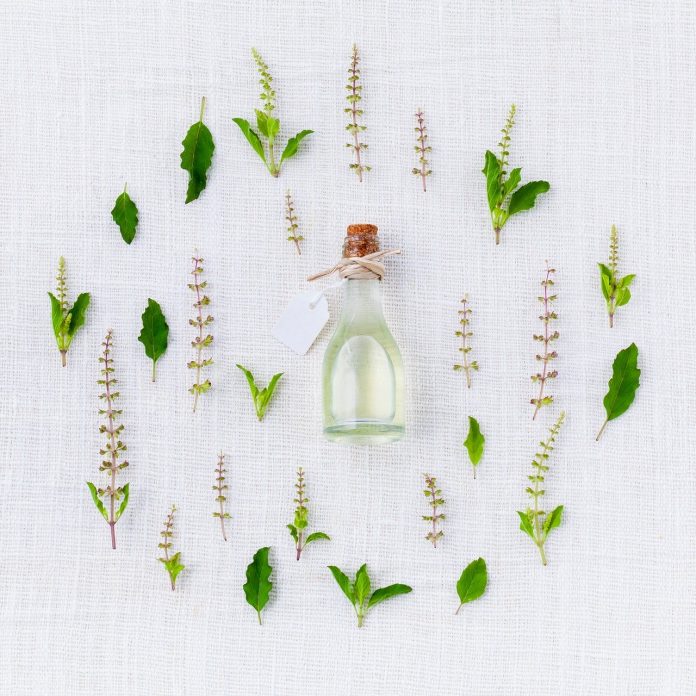Essential oils are compounds extracted from plants in their concentrated form, using a natural process. For instance it is also a form of alternative medicine that employs plant extracts to support health and well-being.
Three ways to use
- Skin
- Inhaled
- Ingested
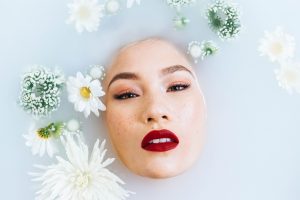
Can also apply essential oils
- Compresses
- Sprays
- Baths
- Massaging them into the skin
Few Common Types
Each essential oil is unique in its own way; smell and potential health benefits. There are more than 90 types.
- Peppermint : used to boost energy and aid digestion
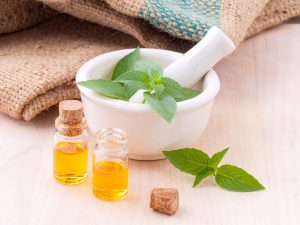
- Lavender : used to relieve stress
- Sandalwood : used to calm nerves and help with focus
- Bergamot : used to reduce stress and improve skin conditions like eczema
- Rose : used to improve mood and reduce anxiety
- Chamomile : used to improve mood and relaxation
- Ylang-Ylang : used to treat headaches, nausea, and skin conditions
- Tea Tree : used to fight infections and boost immunity
- Jasmine : used to help with depression, childbirth, and libido
- Lemon : used to aid digestion, mood, headaches, and more
Choose the right essential oils
The quality and composition of essential oils can vary greatly
Purity: Oil that contains only aromatic plant compounds, without additives or synthetic oils. Pure oils usually list the plant’s botanical name (such as Lavandula officinalis) rather than terms like “essential oil of lavender.”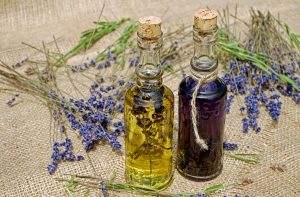
Quality: True essential oils are the ones that have been changed the least by the extraction process. For instance they are chemical free oils extracted through distillation or mechanical cold pressing.
Reputation: Purchase a brand with a reputation rather-than producing high-quality products.
Health Benefits
It has the ability of essential oils to treat certain health conditions. Hence, there are a few common health problems that essential oils and aromatherapy have been used to treat.
Antibiotic and Antimicrobial
Peppermint oil and ethanol mixture on participants’ foreheads and temples relieved headache pain.
Reducing Inflammation
Essential oils can help fight inflammatory conditions. Ingesting a combination of thyme and oregano essential oils helped induce the remission of colitis.
Sleep and Insomnia
Avender oil has been shown to improve the sleep quality of women after childbirth, as well as patients with heart disease. Smelling the oils; mostly lavender oil has positive effects on sleep habits.
Stress and Anxiety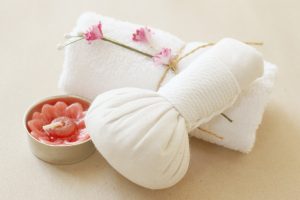
Using essential oils during a massage also help relieve stress, although the effects may only last while the massage is taking place.
Headaches and Migraines
Applying a mixture of chamomile and sesame oil to the temples may treat headaches and migraines. For instance Headache relives after applying peppermint and lavender oil to the skin.
Safety and Side Effects
Plants and herbal products contain many bio-active compounds that may harm our health. Most essential oils are considered safe. Therefore consider others in your environment who might be inhaling the aroma, including pregnant women, breastfeeding women, children. Also pets can have side effects.
Can cause some side effects,
- rashes
- asthma attacks
- headaches
- allergic reactions
Generally considered safe to inhale or apply to the skin if they’ve been combined with base oil. Similarly using essential oils as a complementary therapy is likely harmless. Discuss the use of essential oils with your healthcare practitioner.

















